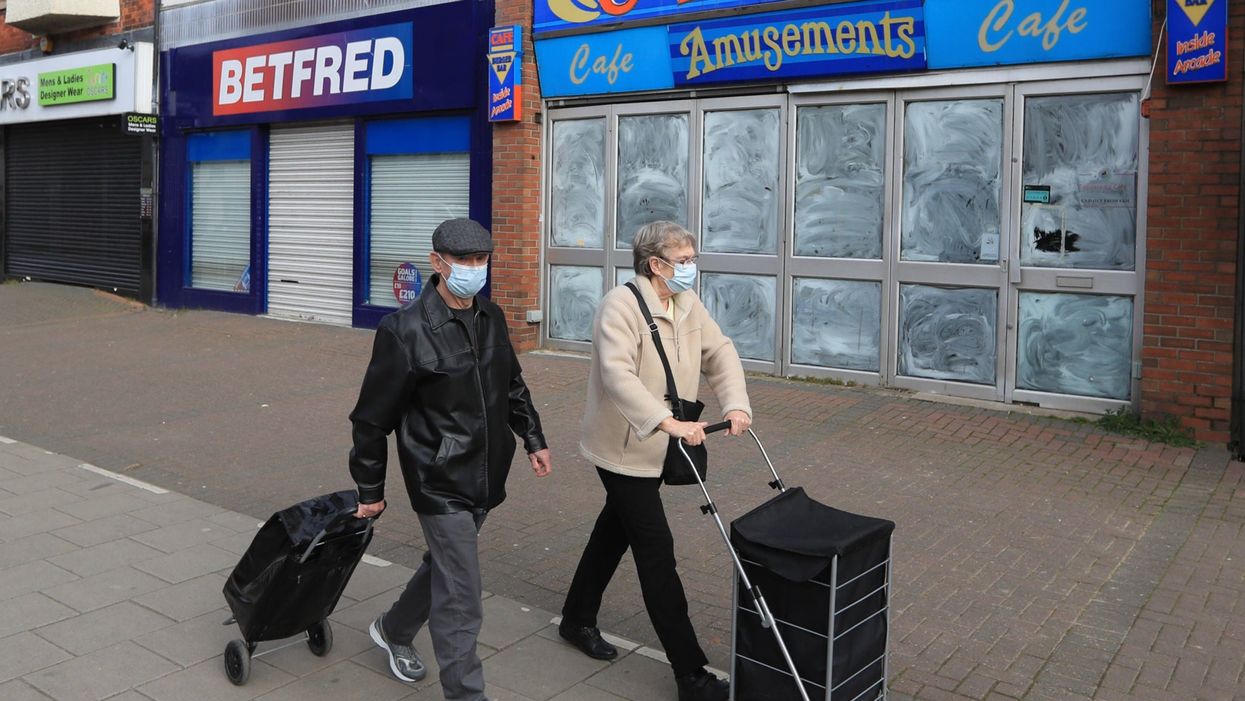Conrad Duncan
Mar 29, 2021
Twitter users have reacted with anger and frustration after seeing #TakeOffYourMask trending this morning following the latest easing of lockdown restrictions in England.
The hashtag appears to have been started by accounts dedicated to opposing coronavirus measures, such as lockdown and social distancing, with tweets such as this one:
The trend has been pushed by users who claim that the health guidance on Covid-19 is wrong and that the rules designed to stop the spread of the virus are unnecessary - or even part of a supposed conspiracy to control the public.
This has understandably prompted a strong backlash from other users, who have pointed out that the measures have helped to reduce cases and save lives over the past year.
As is often the case on Twitter, the hashtag appears to have grown due to a mixture of genuine anti-maskers and people inadvertently boosting it by criticising the idea.
Read more:
- Wendy’s chicken sandwich nightmare sparks fierce TikTok debate
- Priti Patel gets the meme treatment after Home Office spends £77,000 on eyebrows
- The key people moving to GB News and who else is rumoured to be joining them
- These maps and images show exactly what went wrong with Ever Given in the Suez
It works like this: anti-maskers tell people to stop wearing masks -> some users see the hashtag and write angry posts about it -> more people see the hashtag, prompting more angry posts…
However, according to YouGov’s Covid-19 behaviour tracker, the vast majority of people are still willing to wear masks to stop the spread of the virus.
The percentage of people who say they are wearing a face mask in public places is currently at 71 per cent, as of 21 March - and the figure has stayed between 70 and 75 per cent since August last year.
Current guidance from the government’s medical and scientific advisers says that face coverings may reduce the spread of coronavirus and are useful in indoor settings.
The official guidance says:
“The best available scientific evidence is that, when used correctly, wearing a face covering may reduce the spread of coronavirus droplets in certain circumstances, helping to protect others.”
However, scientists warn that face coverings are not a replacement for social distancing and regular hand washing, and should be used alongside those measures.
People in England must wear a face covering in indoor settings such as shops, supermarkets, public transport, banks and post offices.
The full guidance can be found here.
Top 100
The Conversation (0)














